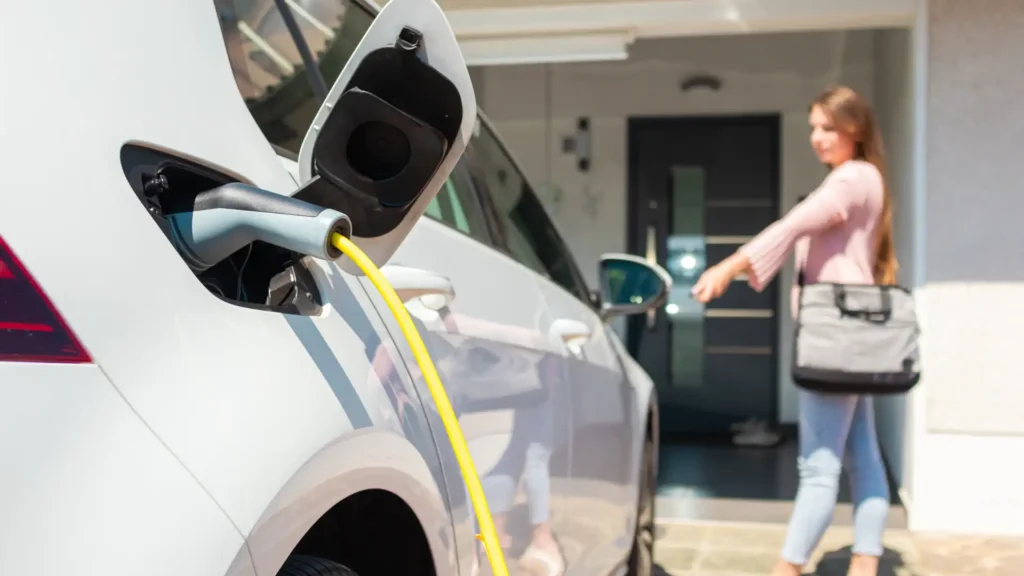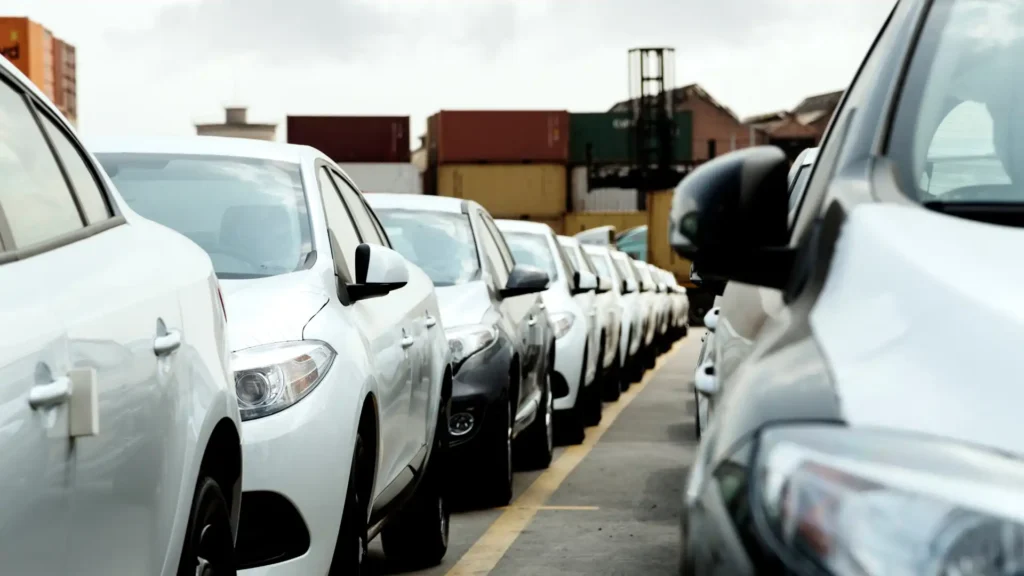We use a lot of petrol daily, but it has serious adverse effects on the environment, like making the air dirty, causing climate change, polluting water, and destroying habitats. We must start looking at other options to make our future more eco-friendly. In this blog we will explore the adverse effects of petrol consumption and the alternatives that can help us make a difference in reducing our petrol consumption for a greener future. So, let’s embark on this journey together to understand the consequences and solutions surrounding gas consumption from petrol stations!
Impact on Air Pollution:
Petrol combustion is a significant source of harmful gases and particles, such as carbon monoxide, nitrogen oxides, volatile organic compounds, and particulate matter. These emissions have detrimental effects on human health and the environment. Adopting electric vehicles and implementing more stringent emission standards can mitigate these negative impacts.
Effects on Climate Change:
Burning fossil fuels, such as gasoline, releases carbon dioxide and other harmful gases into the atmosphere, ultimately leading to the greenhouse effect and global warming. This has resulted in the melting of polar ice caps, increased frequency of extreme weather events, and respiratory problems for humans. To mitigate these negative consequences, transitioning to cleaner alternatives such as electric vehicles and public transportation is imperative. These alternatives will help reduce carbon emissions and their impact on the environment.
Water Contamination and Oil Spills:
Petroleum hydrocarbon spills pose a significant threat to aquatic life and ecosystems. The adverse effects of these spills can be mitigated by implementing preventative measures and encouraging individuals to reduce their reliance on petroleum.
Deforestation and Habitat Destruction:
Petrol production typically entails clearing vast areas of forests, resulting in the disruption and destruction of ecosystems and habitats. Adopting sustainable transportation practices and transitioning to renewable energy sources can mitigate these adverse environmental impacts.
Alternatives to Petrol:

Investigating options such as electric vehicles, biofuels, and hydrogen fuel cells present viable solutions. However, for these alternatives to be widely adopted, infrastructure development is crucial.
How Individuals Can Reduce Petrol Consumption:

For individuals who possess technical expertise in the field, selecting alternative modes of transportation, arranging for carpooling, planning trips efficiently, relying on public transit, performing regular vehicle maintenance, and adopting eco-friendly driving habits can result in a substantial reduction in individual petrol consumption.
Conclusion: The Need for Sustainable Fuel Solutions
As we continue to use more and more petrol, it is starting to have a negative impact on our environment. That’s why it’s crucial for all of us – governments, businesses, and individuals – to work together to find cleaner and more sustainable ways of fueling our transportation. By making responsible choices and adopting eco-friendly practices, we can help create a better and greener future for ourselves and the planet.